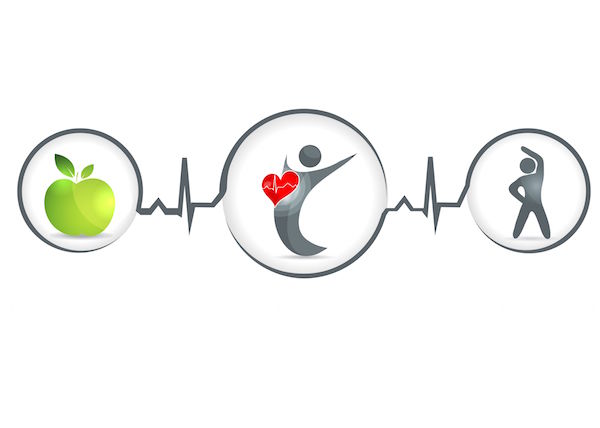
MONDAY, May 16 (HealthDay News) — Children taking drugs to control attention deficit hyperactivity disorder appear to be at no greater risk for heart problems than kids not taking ADHD medications, a new study finds.
“ADHD medications can increase heart rate and blood pressure, which might be expected to increase the risk of cardiovascular outcomes,” said lead researcher Sean Hennessy, an assistant professor of epidemiology at the University of Pennsylvania School of Medicine in Philadelphia.
But this study, comparing ADHD medication users with non-users, found no difference in the rate of heart problems or deaths between the groups, Hennessy said.
The findings should reassure parents that drugs such as Ritalin and Adderall aren’t associated with an increased risk of cardiovascular events, Hennessy said. However, the study may not put to rest all fears, one expert said.
Dr. Steven Lipshultz, professor and chair of pediatrics at the University of Miami Miller School of Medicine, doesn’t believe this study has settled the debate because it fails to take into account children with existing heart problems.
“This in no way says that in children with underlying heart disease the drugs are safe or not safe,” he said.
Because of concerns that ADHD medications could increase the risk of heart problems, the U.S. Food and Drug Administration in 2007 directed manufacturers of ADHD drugs to produce a medication guide that would alert doctors and parents and patients to this risk.
Hennessy said there have been some anecdotal reports of death, heart attack and stroke among children taking ADHD drugs. “However, given the millions of children using these medications, it is not surprising that some events would be reported,” he said.
In the new study, “there were no validated cases of heart attack or stroke in children using ADHD medications,” he said. “There were only a handful of cases of sudden cardiac death in children using ADHD medications, and the risks were not statistically higher than in the group not taking these drugs.”
In a secondary analysis, he and the other researchers did report “statistically elevated” associations between a principal diagnosis of sudden death and ventricular arrhythmia on medical claims and the use of atomoxetine (Strattera), methylphenidate (Ritalin, others) and “any ADHD medication” among children and teens who were prevalent users.
However, due to the low rate of subjects who were correctly diagnosed upon the principal evaluation, the researchers wrote that these results appeared to be “unreliable in this age group.”
About 9.5 percent of U.S. children have parent-reported ADHD, according to the U.S. Centers for Disease Control and Prevention. The neurobehavioral condition is characterized by inattention and hyperactivity that begins in childhood and frequently interferes with school, family life and social relationships.
The report is published online May 16 in Pediatrics.
For the study, Hennessy’s team used two databases to collect data on 241,417 children 3 to 17 years old who were taking an amphetamine such as Adderall, Strattera, or methylphenidate (Ritalin, Concerta) for ADHD.
In 2007, almost 5 percent of kids 4 to 17 years old were prescribed one of those drugs, the CDC reported.
The researchers compared incidence of sudden cardiac death, abnormal heart rhythms and death from any cause among these kids with rates of these events in 965,668 children not taking ADHD medications.
After each case was validated with the assistance of outside experts and some ruled to be wrongly classified, the researchers found no statistical difference for any of these events, including stroke, between the two groups of children. In addition, none of the kids on ADHD drugs was found to have suffered a heart attack, and no strokes were connected to ADHD drug exposure.
The study was funded by the Irish pharmaceutical giant Shire, which makes the ADHD drugs Vyvanse, Adderall XR and others.
Commenting on the findings, Lipshultz said, “I feel that this industry-sponsored study has the potential of being misinterpreted.”
“This study wasn’t able to look carefully at where the major concerns are,” he added.
The study did not specifically separate those children with heart disease from others, Lipshultz said, adding that the FDA’s greatest concern was with the use of these medications in patients with underlying heart disease. In fact, the drugs may be contraindicated for such children, he said.
These drugs are a great benefit to children with ADHD, Lipshultz said. “On the other hand, there are still considerable safety concerns about the use of stimulant therapy in children, especially children with underlying health conditions,” he said.
The authors themselves wrote that because so few cardiovascular events occurred in the study group, it was not possible to definitively rule out an association between ADHD drugs and increased rates of heart problems.
More information
For more information on ADHD, visit the U.S. National Institute of Mental Health.

